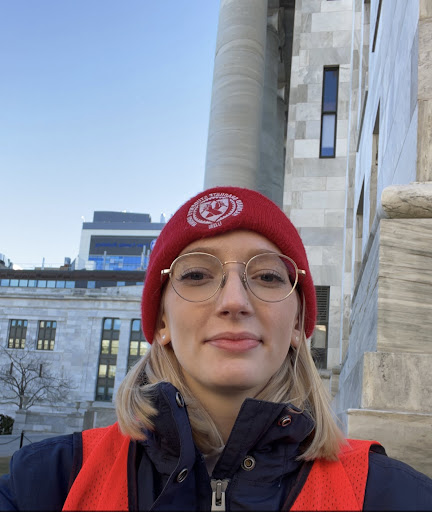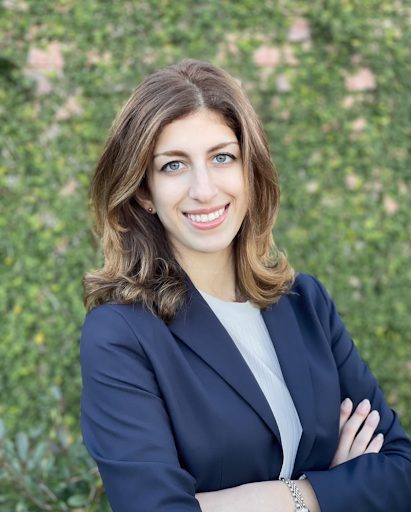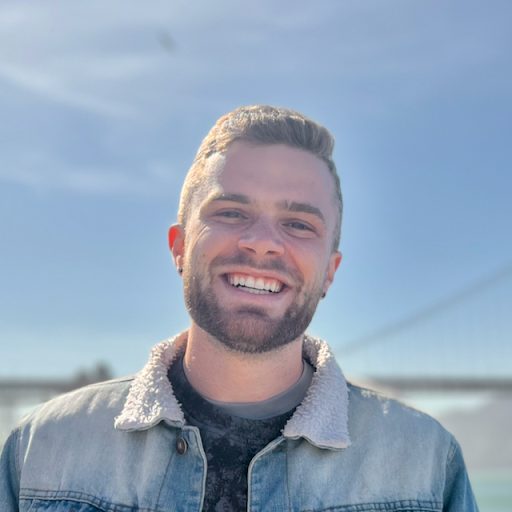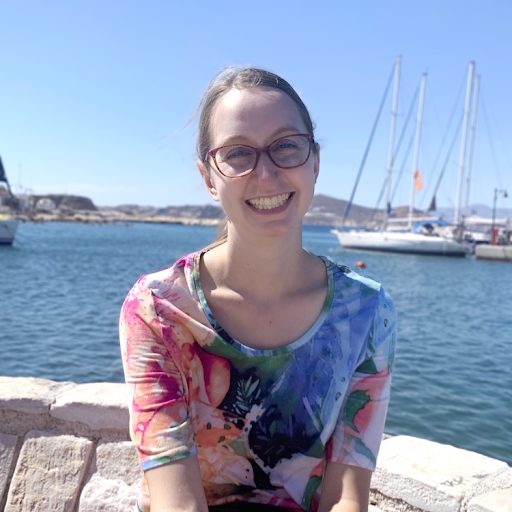Building upon the success of the Massachusetts Summer Science and Technology Policy Fellowship (MASSTPF), the Civic Science Clinic (CSC) offers STEM graduate students the chance to serve as fellows either in prominent Massachusetts State House offices or with Boston-based community organizations. This summer, SCi is excited to be partnering with Fenway Health, Eastie Farms, and Essential Partners to pilot the CSC community engagement track. Through engaging in outreach projects and assuming scientific advisory roles, fellows contribute to research, policy drafting, stakeholder engagement, and more. This unique opportunity allows civically-minded students the chance to gain valuable experience in scientific engagement and make a positive impact on the local Boston community and state-level policy.
Meet Some of This Year’s Fellows

Rachel Petherbridge
I’m a G3 in the Systems, Synthetic and Quantitative Biology program. This summer I am researching health and healthcare priority needs in the office of Senator Paul Mark, in order to guide health and healthcare policy work in the office.

Layla Araiinejad
I just finished my first year in my two-year master’s program in Technology and Policy at MIT (Technology and Policy S.M. ’24) where I work in the MIT Energy Initiative. This summer, I am working with Eastie Farm to help with their grant writing, newsletter, and curriculum development.

Michael Cork
I am finishing my third year in the Biostatistics PhD program. My fellowship project involves conducting a literature review and preparing a report on the impact of COVID-19 on vulnerable populations in the Boston area, specifically those served by Fenway Health. In addition, Fenway Health is conducting its own community survey to monitor the experiences and effects of the pandemic, and I will contribute to producing figures and conducting data analysis to interpret the survey results.

Tal Scully
I’m a rising G6 in the Systems, Synthetic, and Quantitative Biology PhD program. I am working with Essential Partners, which specializes in creating constructive dialogues about difficult topics. I will be researching the challenges facing school districts across the country through interviews and discussions with educators and other stakeholders.
